Welcome From Steve Smith, Chair of the Department of Counseling, Clinical, and School Psychology
Welcome to the Department of Counseling, Clinical, and School Psychology at UCSB! We are dedicated to fostering a supportive and inclusive environment for our students, faculty, and community. Whether you're here to learn more about our programs, explore research and clinical opportunities, or connect with our team, we're excited to have you with us. Join us as we work together to make the world a better place.
How to Apply to Our Programs: Deadlines & Information
Counseling, Clinical, and School Psychology Ph.D. Program
November 15 by 11:59 pm PST
School Psychology M.Ed. Program - How to Apply
Overview Information and Video
December 15 by 11:59 pm PST
The best way to contact us is via email at ccspapp@education.ucsb.edu
Learn more about CCSP
Student Admissions, Outcomes, and Other Data
CCSP Program Meeting Requirements for Licensure in Different States
Student Handbooks
Counseling/Clinical Psychology: Doctoral Student Handbook
School Psychology: Doctoral Students Handbook
School Psychology: Doctoral Students Handbook Appendices
FINANCIAL ASSISTANCE
We are committed to providing financial assistance to all students, and we are pleased to announce that first-year students are guaranteed funding that covers tuition fees and includes a stipend, either through work or grants. Each student’s specific funding package will be finalized before a formal offer is made.
From the second year onward, we aim to guarantee at least one-quarter of funding per year for up to five years, typically through employment appointments, such as a TA position which also covers tuition and provides health insurance. Faculty grants may further support students as Graduate Student Researchers (GSRs). Fee remission and benefit highlights for TAs and GSRs.
For more information on financial assistance visit our financial assistance page.
Questions related to the program’s accredited status should be directed to the Commission on Accreditation:
Office of Program Consultation and Accreditation
American Psychological Association
750 1st Street, NE, Washington, DC 20002
Phone: (202) 336-5979 / E-mail: apaaccred@apa.org (link sends e-mail)
www.apa.org/ed/accreditation
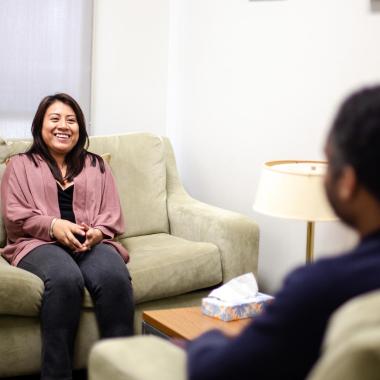
Hosford Counseling and Psychological Services Clinic
Residents of Santa Barbara and Ventura counties, as well as UCSB faculty and staff, may receive mental health services at the Hosford Clinic. All services are offered on a sliding scale basis (insurances are not accepted). Clinicians work with children, adolescents, and adults in individual, family, and group therapy settings.

Koegel Autism Center
The Koegel Autism Center is internationally recognized for its innovative autism research and clinical training. The center focuses on the development and implementation of strength-based, motivational interventions and supports for individuals and families affected by autism spectrum disorders.
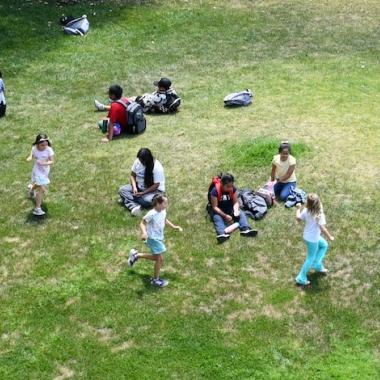
School Mental Health Collaborative
Developing positive personal mindsets is a synchronized process. Covitality underscores the advantages of various psychological competencies and strengths, complex personality models, and positive psychology and education principles.
CCSP News
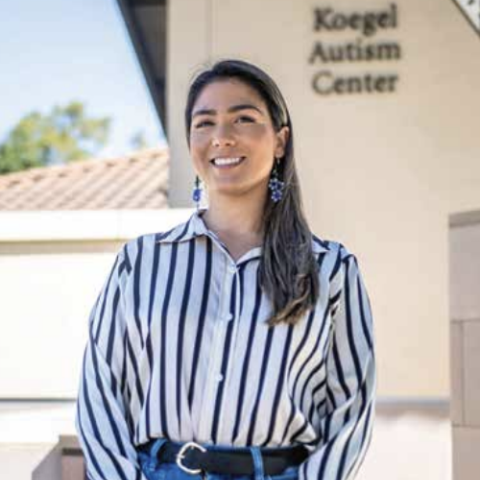
At The Intersection of Culture, Autism, and Inclusion
GGSE News > Dept. of Counseling, Clinical & School Psychology, Koegel Autism Center
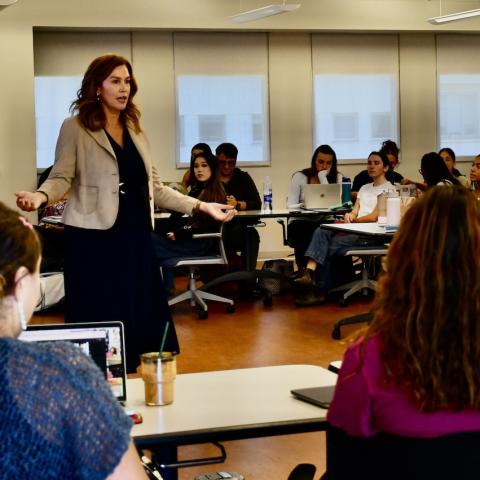
Building Resilience and Well-Being: The Trauma-Informed Practices for Schools Initiative
GGSE News > Dept. of Counseling, Clinical & School Psychology

“Flourish & Flow” Celebrates Black Joy, Healing, and Community Connection
GGSE News > Dept. of Counseling, Clinical & School Psychology
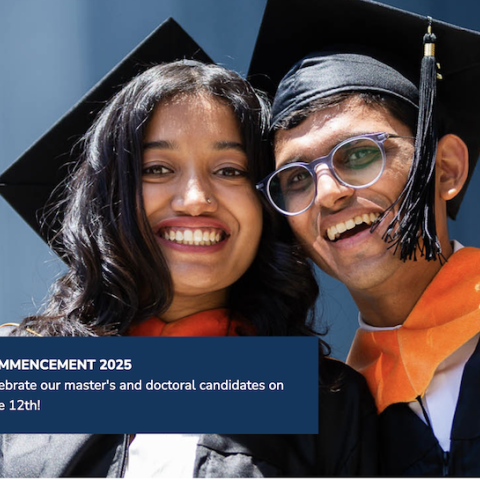
Gevirtz School Celebrates 2025 Commencement
GGSE News > Dept. of Counseling, Clinical & School Psychology, Dept. of Education, Teacher Education Program